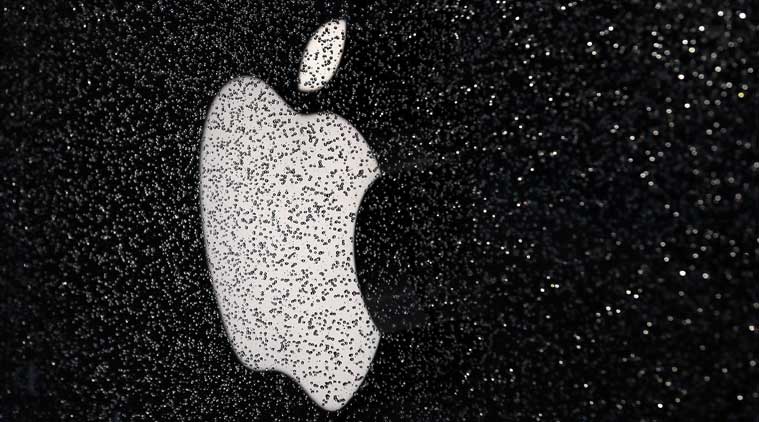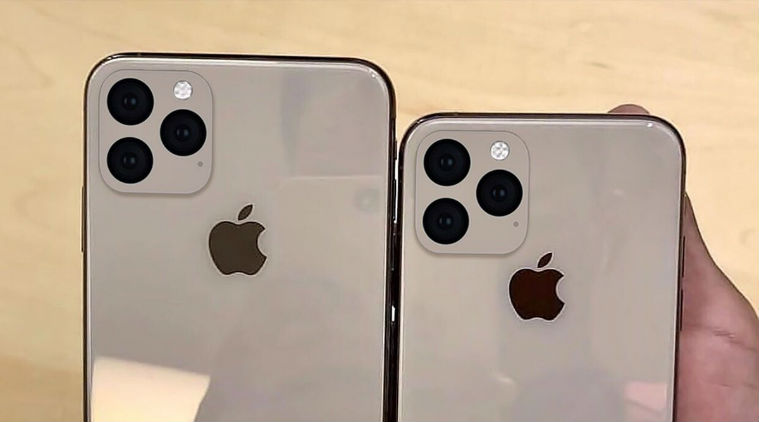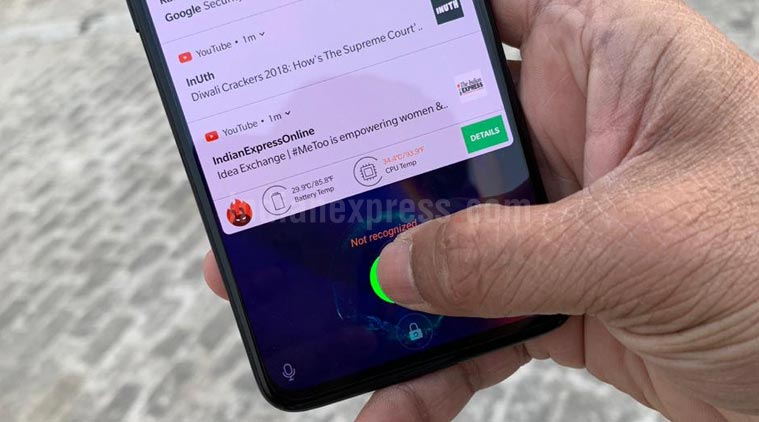
An indication that Apple is soon going to launch its next generation of iPhones is the increase in the amount of news related to the company popping up. Here’s a curation of all of the major Apple news that took place this week.
Apple iOS 12.4 released
Apple has finally released iOS 12.4 for a number of its iPhones and iPads. It will cut off support to devices before the iPhone 5S and the iPad Mini 2 and is also the last minor update to take place before the public rollout of iOS 13. The update brings in a number of new features like iPhone Migration.
The update weighs 400MB in size and is currently available for users with eligible devices to download. If you haven’t received the notification for the same, you can check for the update manually by going to Settings > General > Software Update.
Apple GPS issue
Apple has announced that all the iPhones and iPad, which aren’t compatible with the iOS 12.4 update will be getting a separate update that will address an issue with the GPS. The company says that from November 3, a number of iPads and iPhones which are not receiving the iOS 12.4 update will require a separate system update to maintain the GPS location feature accurate and keep the correct date and time.
The update is required due to a GPS time rollover issue, which began affecting GPS products from various manufacturers on April 6. Though it is being that the issue does not affect Apple devices, the GPS location feature still requires an update until November 3.

Affected devices include iPhone 4s, iPad mini (1st generation) Wi-Fi+Cellular, iPad 2 Wi-Fi+Cellular, iPad (3rd generation) Wi-Fi+Cellular, iPhone 5 and iPad (4th generation) Wi-Fi+Cellular. The company has said the issue does not affect any iPod Touch and iPad Wi-Fi only models.
If you fail to update your device before November 3, some of you might face issues with your devices not be able to maintain an accurate GPS position. You might also face issues with other apps like iCloud and email, which rely on the correct date and time.
MacBook Air and MacBook Pro updated
Apple has updated its MacBook Air and its 13-inch MacBook Pro with new features. The new MacBook Air gets a True Tone Retina display and the 13-inch MacBook Pro gets 8th-generation quad-core processors along with a Touch Bar, Touch ID, a True Tone Retina display and the Apple T2 Security Chip.
The company has also introduced a price cut for both the devices for college students, the MacBook Air is now available at Rs 92,704 and the 13-inch MacBook Pro is now available at Rs 1,11,264. While at the same time it is also offering higher education students, their parents, faculty, staff and home-school teachers a complementary pair of Beats Studio 3 Wireless headphones with the purchase of a qualifying Mac notebook or iMac. To learn how you can avail the discount you can click here.
Apple iPhone 11, iPhone 11 Max and iPhone 11R report
Apple is expected to launch three iPhone variants: iPhone 11, iPhone 11 Max and iPhone 11R in September. According to a recent report by 9to5Mac, the new iPhones will be powered by the new Apple A13 chip. All of the devices unlike most rumours suggested will not have a USB Type-C port, instead, they will continue to use the company’s own proprietary Lightning port.
All of the new iPhones will carry a square bump on the back to hold the camera modules. The iPhone 11 and iPhone 11 Max variants will feature a triple camera setup, whereas, the iPhone 11R will feature a dual-camera setup. The iPhone 11 and iPhone 11 Max will have a 3x OLED Retina display, whereas, the iPhone 11R will feature a 2x Liquid Retina display.

All of the new iPhones will also feature a new Taptic Engine, which the company has codenamed as leap haptics. As of now, it is not clear as to what improvements will be made to the haptic touch, however, it does confirm that the new devices will not feature 3D Touch.
Apple has patented a mixed reality headset
Apple recently filed a patent for a mixed reality headset with sensors that can track a user’s eyes. While at the same time taking in, depth information in the user’s environment, motion, gestures of hands as well as expressions. All of the sensors in the mixed reality headset will work together to allow a head-mounted display to detect interactions of the user with virtual content in the 3D virtual view.
Apple uses facial recognition technology for its Animoji and Memoji feature for iPhone to create 3D virtual avatars of a user. The 3D avatars can then detect a user’s facial expressions to replicate them. Similar technology could be used for its mixed reality headset as well with sensors tracking a user’s eyebrows and lower jaws to detect expressions.
According to CNET, Apple will launch a headset with support for both augmented reality and virtual reality sometime in 2020. It adds that the headset will feature dual 8K displays for each eye and wouldn’t need either a PC or a smartphone to work, instead, it will wirelessly connect to a PC-like box that will come with a custom processor designed by Apple.
Apple might buy Intel’s cellular modem business
Apple is currently negotiating to buy Intel’s struggling cellular modem unit at about $1 billion according to a report by The Wall Street Journal. This deal will give Apple key engineering talent and patents that would help it develop new devices to connect to the mobile internet.
Apple is reportedly building its own cellular modems for devices like the iPhone, iPad and Apple Watch in part to eventually reduce its reliance on buying parts from companies like Qualcomm. Purchasing an already setup cellular modem unit will help it get its chips ready faster.
Apple to use 120Hz refresh rate display on 2020 iPhones
Apple is in talks with Samsung and LG to supply switchable 60Hz/120Hz refresh rate display panels for 2020 iPhones according to the leaker Ice Universe. This might be that same ProMotion tech used in iPads but with an OLED display rather than an LED-backlit Retina Display. With this tech the screen automatically refreshes from 120Hz to 60Hz to save battery life.
Apple 2020 iPhones might come with an in-display fingerprint sensor
Apple might redesign the iPhones due to launch in 2020 according to China Times, which claims that Apple will ditch Face ID from iPhones as early as next year. It states that Apple will release at least one iPhone model that doesn’t feature the notch or Face ID, but instead, it comes with an under-screen camera and full-screen fingerprint authentication.

It is being said the company is actively developing an in-display fingerprint scanner technology on its own and not working with third-party part suppliers.
Apple showcases new emojis
Apple during the World Emoji Day shared the details of its new emojis, which it would be launching for all iOS devices this fall season. The company showcased 59 new emoji designs will be made available for all Apple devices such as the iPhone, iPad, Mac and Apple Watch in the upcoming fall season. The new emojis have been created on the basis of the approved characters in the Unicode 12.0.